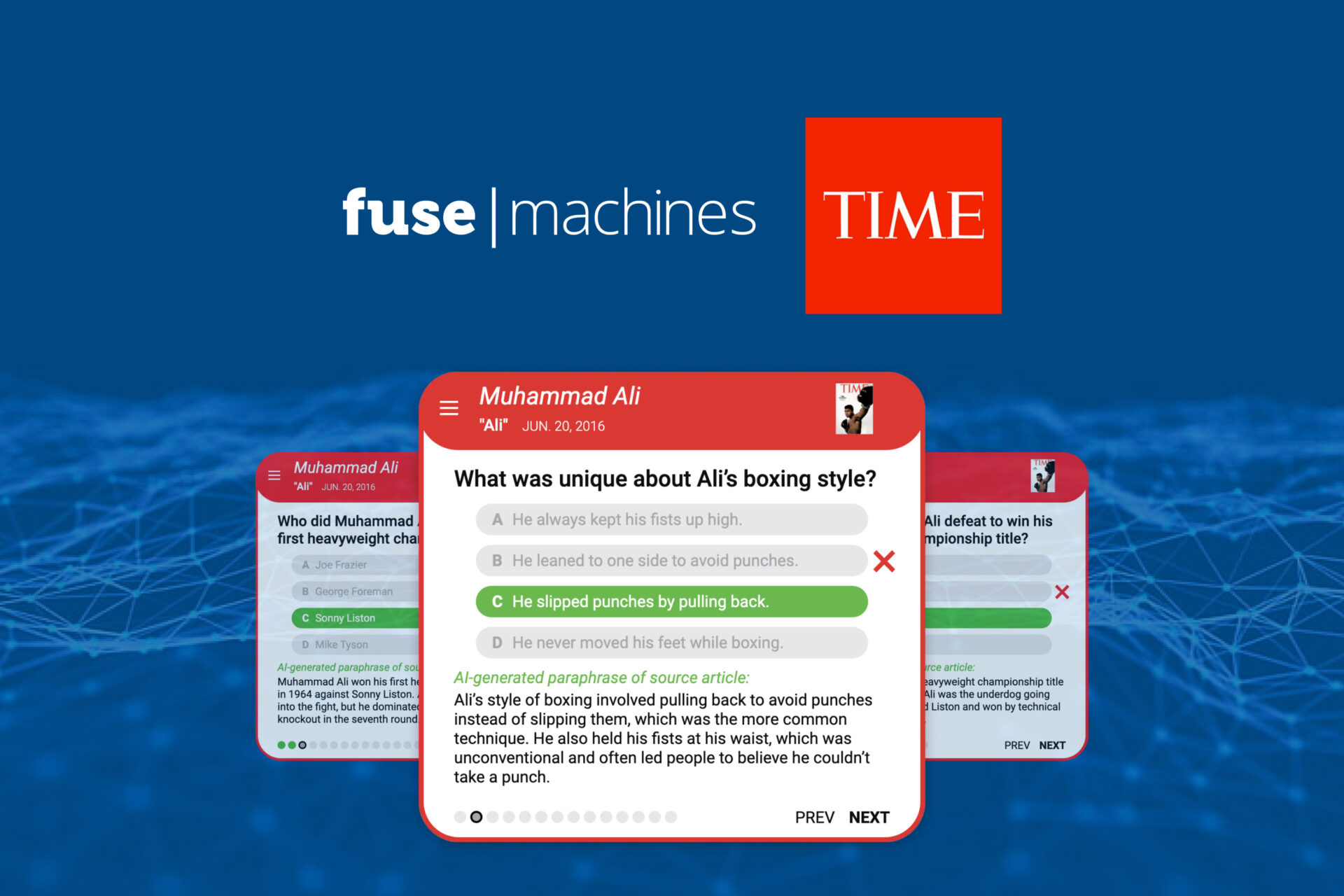Common Concerns around enterprise AI Implementation

Artificial intelligence (AI) has transformed how businesses operate over the last decade. A growing number of organizations are investing in AI to improve products and operations. Many enterprises, from Apple, Google, Amazon and Netflix to small and medium-sized businesses, have incorporated AI and transformed. AI Implementation is not a simple task.
Enterprises need to address infrastructure, ethical AI integration, computation, and explainability to successfully update their existing systems. Doing so ensures AI capabilities are harnessed to their full potential.
Check out our latest ebook if you want to learn more about AI strategy for enterprises. We’ll cover the challenges, concerns, and solutions surrounding AI implementation here.
What challenges do companies face during AI Implementation?
- Data quality and availability
- Establishing AI and data culture at every level
- AI integration to existing systems
- Lack of AI training and education at enterprise levels
- Difficulty recruiting and hiring AI talent with niche skill sets
- Explainability and transparency
Common concerns surrounding AI Implementation
Ethical AI Concerns
Artificial intelligence is a transformative technology with limitless potential for modern enterprises. Nevertheless, ethical concerns must be addressed. While AI-powered solutions can outperform humans, they are far from flawless. Decisions based on AI are at risk of mistakes and bias (embedded or inserted). Businesses need to take precautions.
Despite the risks, the benefits far surpass the risks, and positive developments in ethical and Explainable AI is good news for companies planning to invest. By providing the best and sufficient data, providing proper oversight, and considering the ramifications of new technologies, enterprises can address current ethical concerns.
Is my industry suited to AI?
Artificial intelligence (AI) is poised to disrupt the way businesses and industries operate. Fortune Business Insights predicts the global AI market to reach USD 1.39 trillion by 2029. AI implementation is across every major industry in the world, including healthcare, entertainment, retail, manufacturing, finance, education and more. If your industry deals with sufficient data, AI solutions can be implemented to generate promising results.
Is AI stealing jobs?
Most enterprises don’t like the prospect of employees questioning job security with AI adoption. It’s important to understand that AI will replace or evolve job categories, not necessarily jobs. Employees can upskill and perform higher-value tasks, benefiting both parties. Most C-suite executives and their workforce need help understanding the value of AI implementation.
Establishing a solid AI culture addresses this concern. Our ebook further explores this matter with a step-wise guide for companies at different stages of the AI implementation roadmap. Click here to read it for free.
Is AI implementation worth it for traditional businesses?
Why does my company need AI if we already do our job well and know what our customers want? This is a common concern for businesses operating traditionally. Artificial intelligence has the potential to transform all kinds of enterprises. Even without complete AI implementation across company structure, it can benefit businesses by automating repetitive tasks and saving operational costs and resources. An open AI and data culture goes a long way in fortifying your business for the future when AI integration will be expected.
Bottom line
AI implementation provides a competitive advantage in the long run for ambitious enterprises. Addressing common concerns is important before diving in on AI investments. This is where a reliable AI partner with a proven track record of excellence like Fusemachines can help.
Should you have concerns about whether AI implementation is right for your business, please feel free to schedule a free consultation with one of our experts. Click here to get started.


